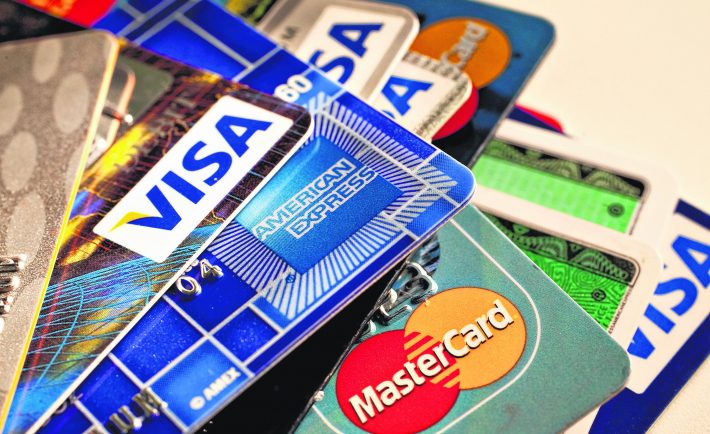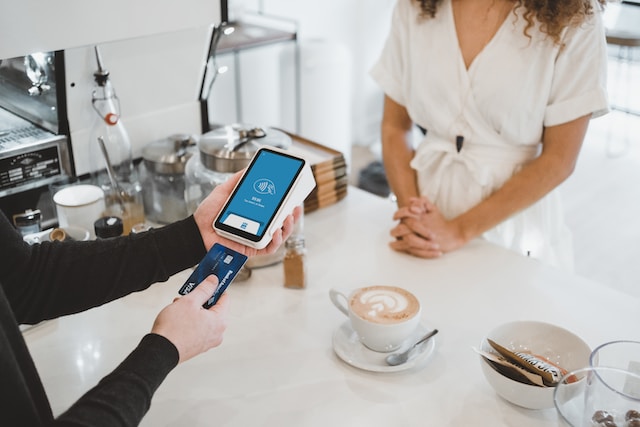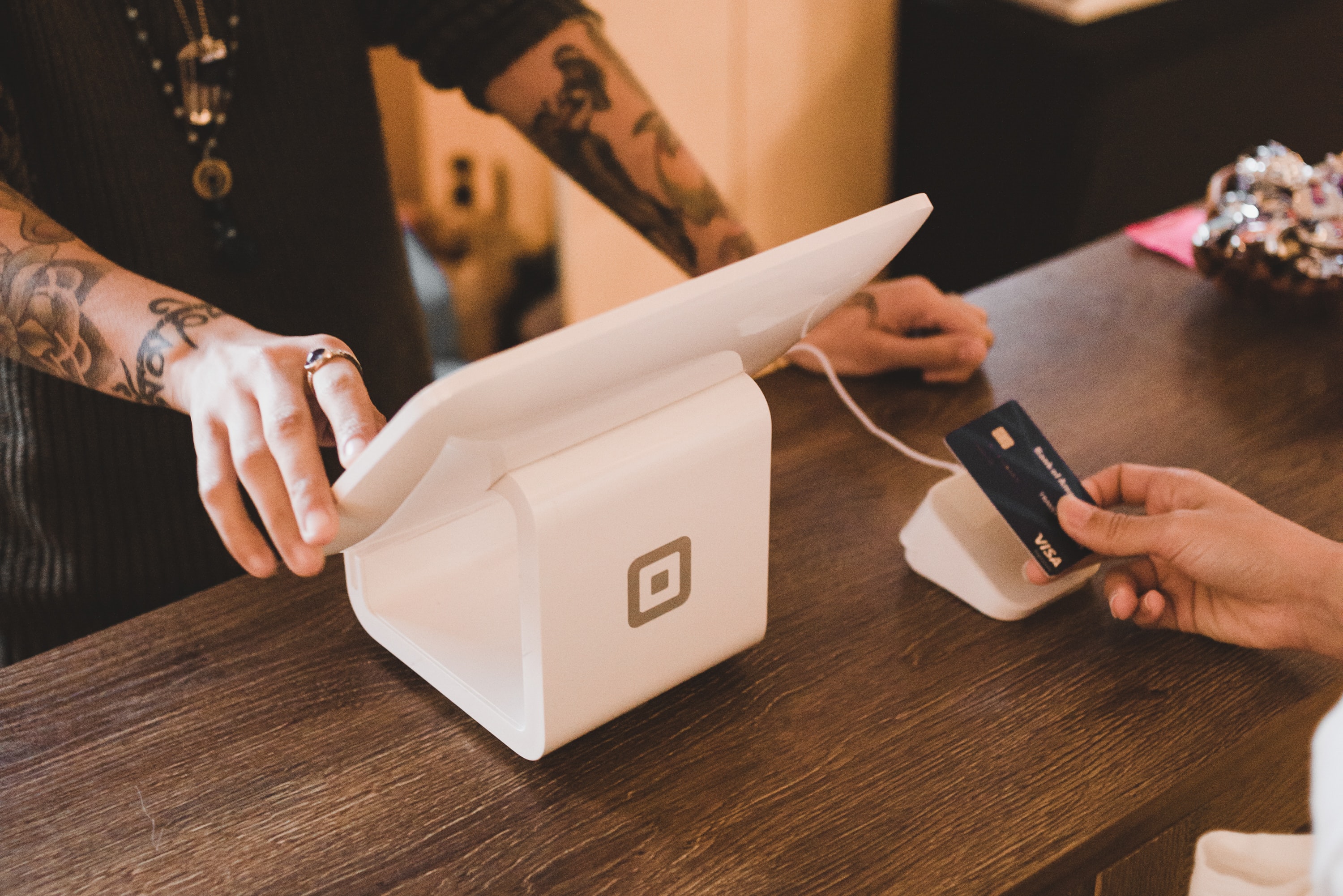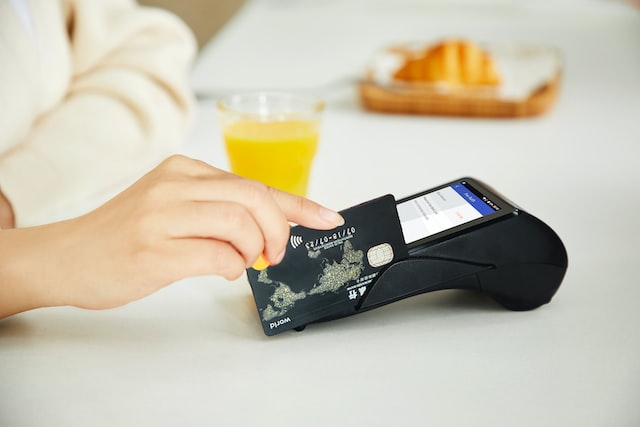We’re sure you’ve seen the ads on those credit card offers.
They make it seem so appealing, like free money!
But before you get blinded by the “rewards,” ask yourself if you’re really ready for a credit card.
Sure, they can be useful if used properly, but for most people, especially those still building financial stability, it’s probably not that wise.
So allow us to share with you why you’re better off with a debit card over a credit card.
Helps you avoid debt
A debit card is linked directly to your bank account, so you’re only spending money you actually have.
This means there’s zero chance of racking up debt or late fees since the funds are deducted right away.
Using a debit card also helps you budget better since you have a fixed amount of money to work with each week or month.
You can allocate funds accordingly and once it’s gone, it’s gone—so you avoid impulsive big purchases.
With credit, it’s easy to swipe now and worry about the bill later, so you’re less likely to feel the impact of each purchase immediately.
Encourages responsible spending
- Keep within your budget
Using a debit card helps ensure you don’t go over budget since you have to keep track of your balances to avoid overdrawing.
This makes you think through each purchase and whether it’s necessary.
Credit cards, on the other hand, allow you to spend now and worry about paying for it later which often leads to poor spending decisions.
With a debit card, you develop better budgeting habits and financial discipline since overspending has immediate consequences.
- Pay in full
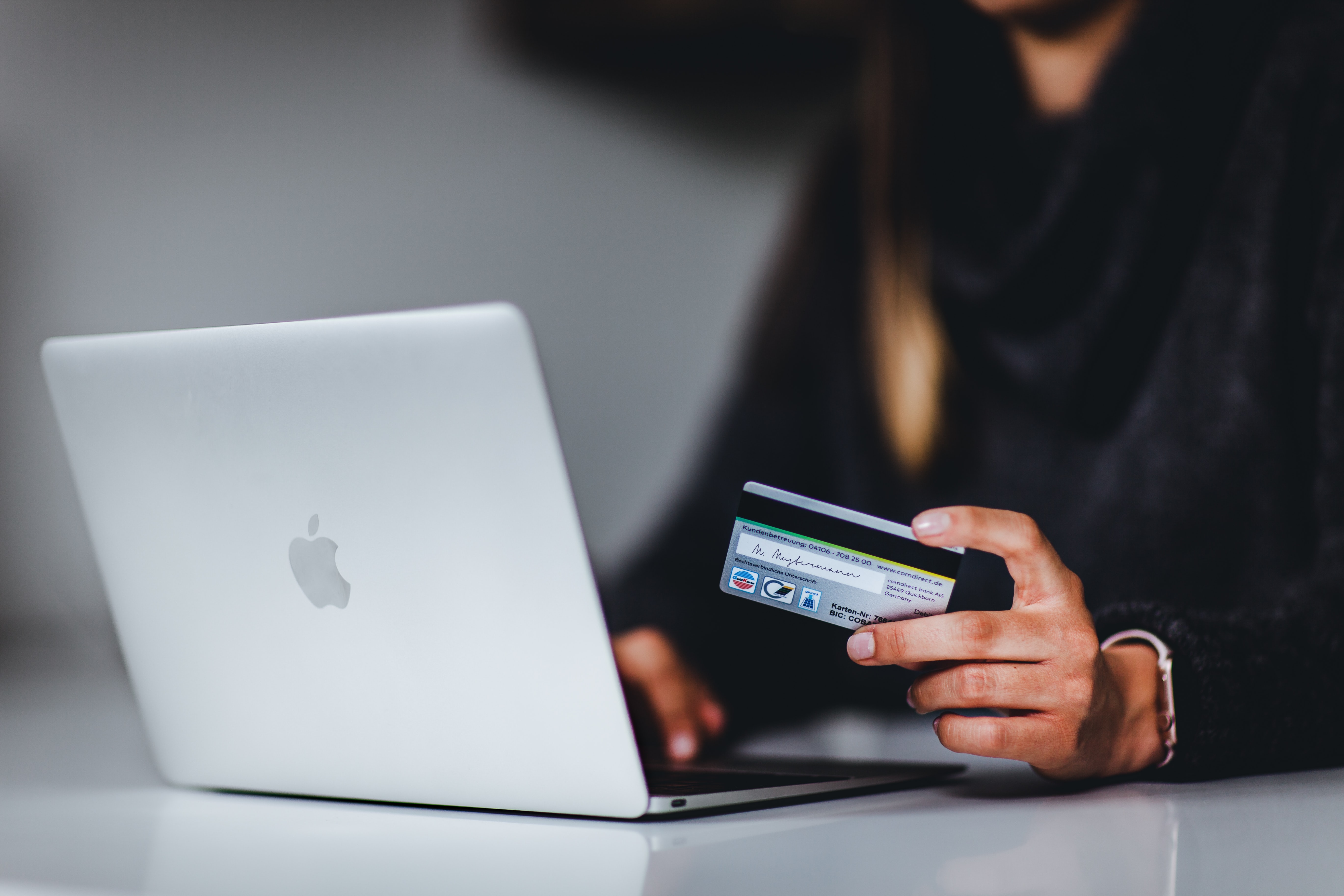
Image Credits: unsplash.com
With a debit card, the money for your purchases is deducted right away from your available funds.
You don’t have to worry about interest charges or making monthly payments.
Everything is paid in full.
On the spot.
This can give you peace of mind knowing you don’t owe anything and your spending is kept in check.
Credit cards, however, allow you to pay over time with interest which ends up costing you much more in the long run.
Avoiding unnecessary interest charges
And lastly, there’s no interest applied and no bill to pay later (except maybe for selected BNPL schemes).
With credit cards, the amount you spend is essentially a loan that accrues interest if you don’t pay the full bill on time.
And when those interest charges accumulate, minimum payments barely make a dent in what you owe.
Stick with debit and avoid the stress of a revolving credit card debt.
All in all, a debit card is a better choice if you’re trying to keep your finances in check. Yes, credit cards come with perks, but those rewards aren’t worth it if you can’t pay your bill. A debit card helps you stick to a budget and avoid debt. You will sleep better at night knowing exactly what’s in your bank account rather than worrying if you can cover that next credit card payment. So go for the debit lane and avoid the credit card chaos.

